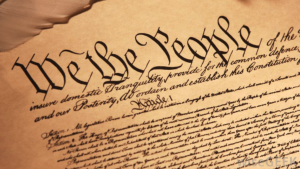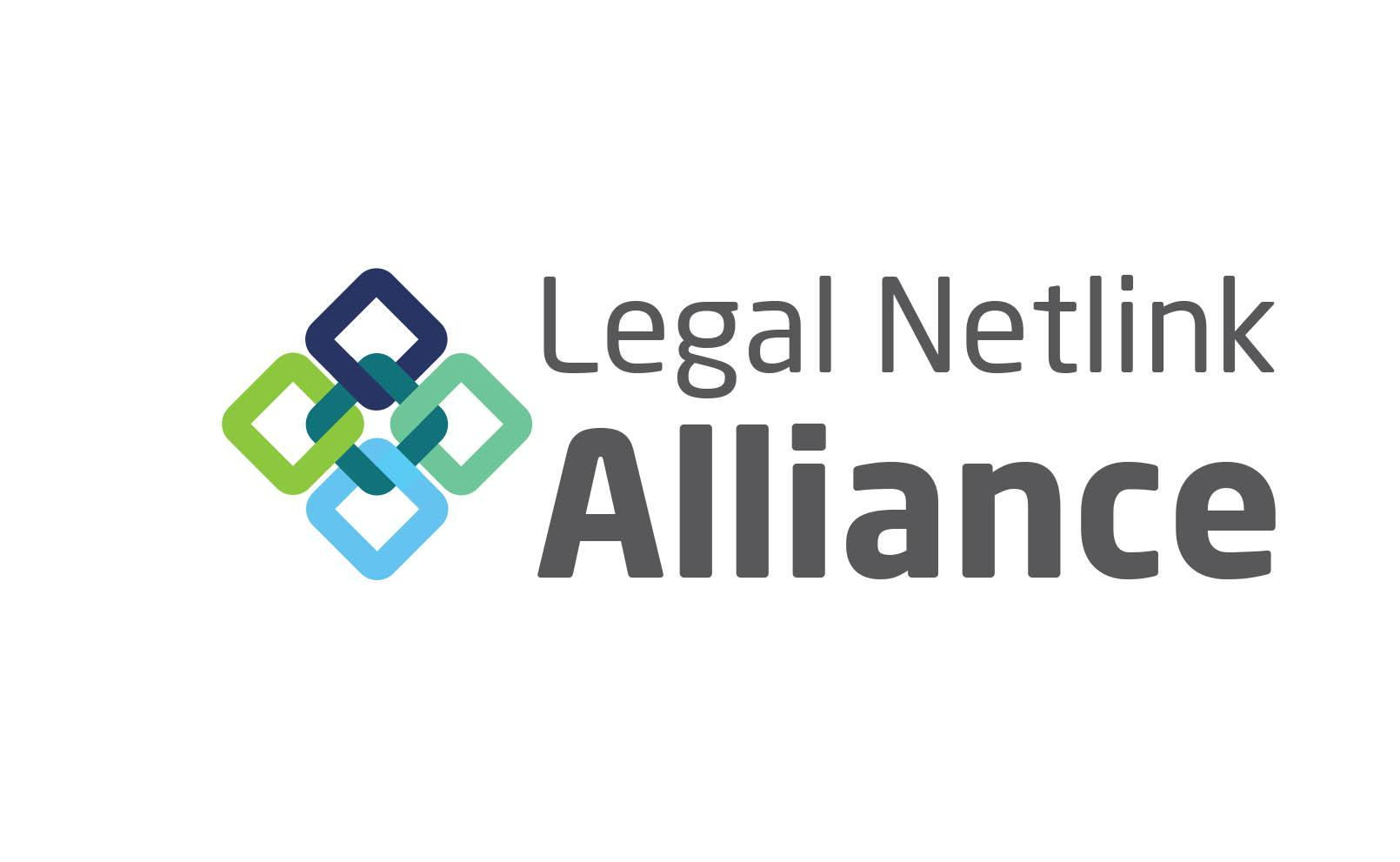 We all know about the constitutional right to privacy, don’t we? Would it be a surprise to you that the U.S. Constitution nowhere mentions the word PRIVACY? In fact, the concept arose from the Supreme Court during the Warren years when Justice Douglas inferred such a right from the first 10 amendments, called the Bill of Rights. Of course those Amendments also fail to mention privacy, but the Justices felt that the Bill of Rights emanated a “Penumbra”, which assured citizens of some expectation that their personal affairs could be kept private. Griswold v. Connecticut, 381 U.S. 469 (1965). The court recognized that there must be a balancing act between a person’s expectation of privacy and society’s (or the government’s) need to know certain information. Later, the Berger Supreme Court expanded the right to include a woman’s right to an abortion. One might wonder if Justice Douglas realized the slippery slope upon which he trod when he created this balancing act. The conditional expectation of privacy has evolved into an absolute RIGHT OF PRIVACY today. When Congress passed the Health Insurance Portability and Accountability Act (HIPAA) in 1996, the teeter totter began to tilt severely toward an absolute right of privacy. Then followed the Gramm Leach Bliley act protecting personal financial information in 1999, and the balancing test that the Supreme Court originally envisioned became further emasculated. Now, virtually every piece of personal information about an individual is “protected” by some law or another. Health Care providers find themselves defending class action suits for information illegally unearthed by hackers. The protection is illusory at best. People’s private information is accessed on a daily basis by hackers everywhere. Encryption and security models fall before strangers from distant countries and teenagers here in the U.S.A. If you believe that your Social Security Number or credit card numbers are secure, then you are at risk for a rude awakening. Perhaps Justice Douglas didn’t so much start a slippery slide, but instead started the process of an ongoing balancing of privacy and public needs that evolves or regresses with technology. Below is a partial list of “protected” sources of information that have been hacked in the recent past:
We all know about the constitutional right to privacy, don’t we? Would it be a surprise to you that the U.S. Constitution nowhere mentions the word PRIVACY? In fact, the concept arose from the Supreme Court during the Warren years when Justice Douglas inferred such a right from the first 10 amendments, called the Bill of Rights. Of course those Amendments also fail to mention privacy, but the Justices felt that the Bill of Rights emanated a “Penumbra”, which assured citizens of some expectation that their personal affairs could be kept private. Griswold v. Connecticut, 381 U.S. 469 (1965). The court recognized that there must be a balancing act between a person’s expectation of privacy and society’s (or the government’s) need to know certain information. Later, the Berger Supreme Court expanded the right to include a woman’s right to an abortion. One might wonder if Justice Douglas realized the slippery slope upon which he trod when he created this balancing act. The conditional expectation of privacy has evolved into an absolute RIGHT OF PRIVACY today. When Congress passed the Health Insurance Portability and Accountability Act (HIPAA) in 1996, the teeter totter began to tilt severely toward an absolute right of privacy. Then followed the Gramm Leach Bliley act protecting personal financial information in 1999, and the balancing test that the Supreme Court originally envisioned became further emasculated. Now, virtually every piece of personal information about an individual is “protected” by some law or another. Health Care providers find themselves defending class action suits for information illegally unearthed by hackers. The protection is illusory at best. People’s private information is accessed on a daily basis by hackers everywhere. Encryption and security models fall before strangers from distant countries and teenagers here in the U.S.A. If you believe that your Social Security Number or credit card numbers are secure, then you are at risk for a rude awakening. Perhaps Justice Douglas didn’t so much start a slippery slide, but instead started the process of an ongoing balancing of privacy and public needs that evolves or regresses with technology. Below is a partial list of “protected” sources of information that have been hacked in the recent past:
- Government agencies: Internal Revenue Service (IRS), Federal Bureau of Investigations (FBI), U.S. Military and U.S. Personnel Office
- Big business: Neiman Marcus, The Home Depot, Target and Apple
- Companies that are in the business of protecting data: Experian (the largest credit agency data broker in the world), Anthem (a large health insurance company) and J.P. Morgan Chase (one of the big “too-big-to-fail” banks)
If these folks can’t keep your information safe, do you really think that your “Right of Privacy” is secure? Have we spent billions of dollars trying to keep information private that a teenager with a laptop can access? You might be interested in all the traffic and other cameras that law enforcement agencies have established throughout the city that are watching you night and day. There is some thought that private pictures taken with cell phones may one day be accessible to law enforcement. Thanks, technology. Hello, BIG BROTHER and the NSA!

